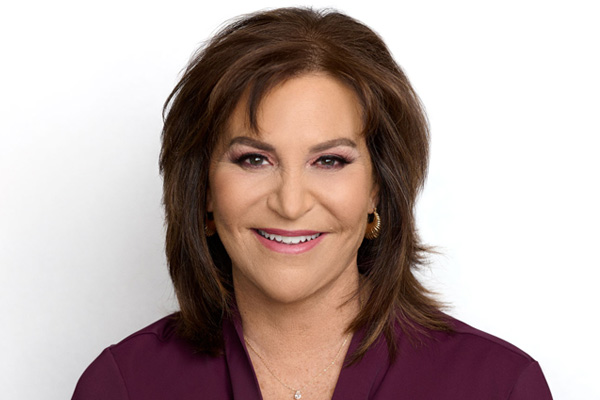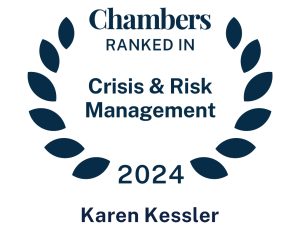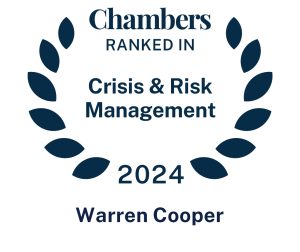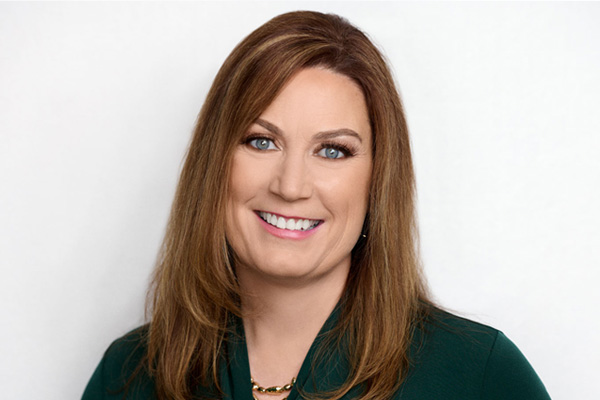This story first appeared in the Raise the Bar newsletter here.
Marty Bricketto talks PR and the right kind of attention
Marty Bricketto worked at several daily newspapers before covering the courts with Law360, where he eventually oversaw the publication’s legal industry and legal ethics coverage. Today, he’s an account director at Kessler PR Group, a Chambers-ranked crisis communications and public relations firm. Raise the Bar picked his brain for some tips on how to raise your firm’s profile with journalists… and avoid their attention when you don’t want it.
Lawyers love words—but legal writing and media messaging are totally different animals. Where do lawyers get tripped up?
Attorneys sometimes think a press statement like “These claims are baseless, and we will vigorously contest them through all appropriate legal channels” is sufficient. It’s not. Sure, it’s better than the cardinal sin of “no comment,” but it’s still a missed opportunity.
Every legal filing in a major case should be considered a possible media event, and there are attorneys who are great at crafting a complaint or a motion that clearly has a wider audience in mind. It’s something we have consulted on as well. But even in those instances, attorneys should understand that the press might need a “cheat sheet” that breaks down key parts of the filing.
What’s your advice to lawyers who want to get a story out there or be quoted as a source?
This is going to seem self-serving, but it’s hard to understate the value that public relations professionals provide in making sure you are properly represented in the media.
Beyond that, good old-fashioned relationship building goes a long way. Did you enjoy an article someone wrote? Let them know! That simple outreach could lead to a conversation on background or off the record and maybe put you top of mind when a reporter writes an analysis or trend piece that aligns with your expertise.
If you get the chance to speak with a reporter as an expert source, have something meaningful to say. Think about what would be valuable and interesting from a reader’s perspective. Stay on topic and avoid rambling. If you’re a good interview, chances are you’ll be contacted again when a reporter needs insight on another relevant subject.
What separates the firms that come out stronger from the ones that flounder when a crisis hits and you are getting the sort of media attention you don’t want?
Attorneys shouldn’t run at the mouth when bad news happens, but that doesn’t mean burying your head in the sand and letting misinformation fester. Communications firms like mine are here to help determine where the line is and what messaging works.
The firms that endure take the bull by the horns, clearly communicating to their personnel, clients, and the public how the situation is being addressed and what to expect moving forward. If you do so strategically, yet with as much blunt honesty as possible, you’ll likely get coverage that reflects that.










